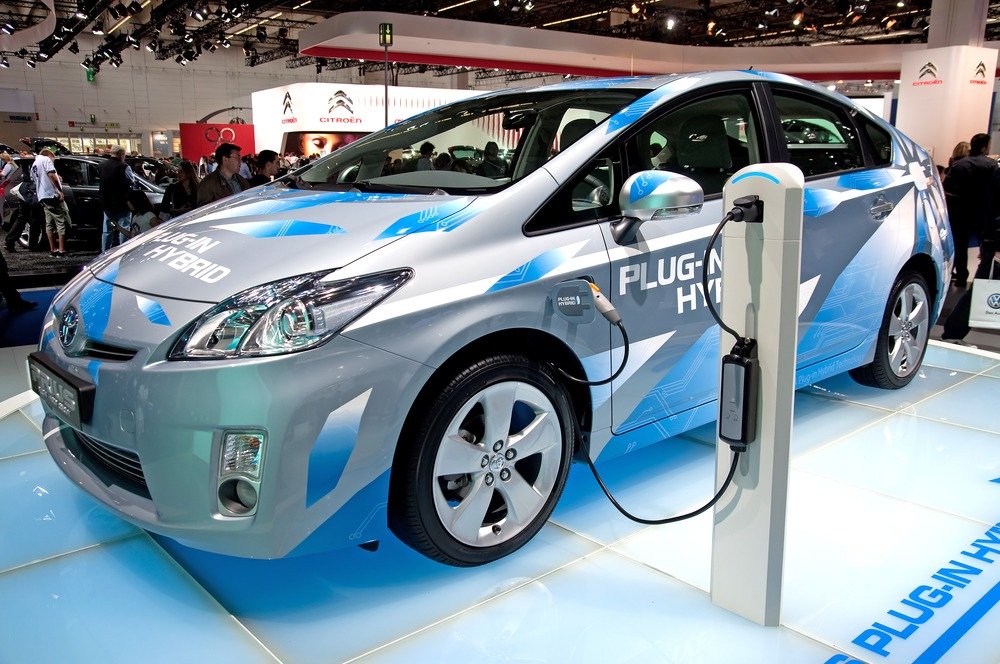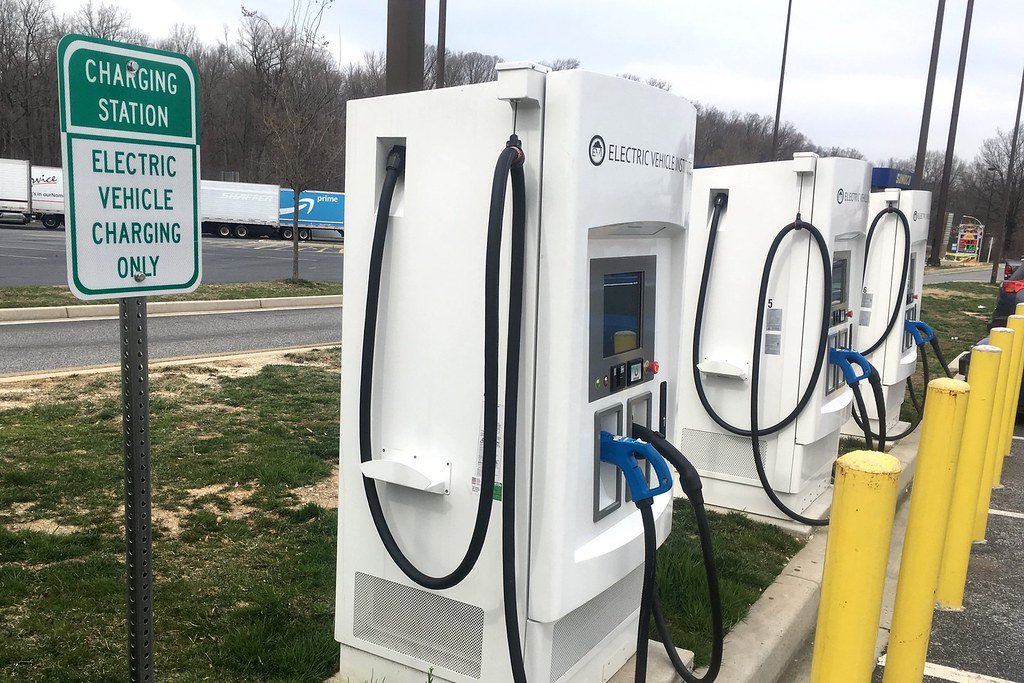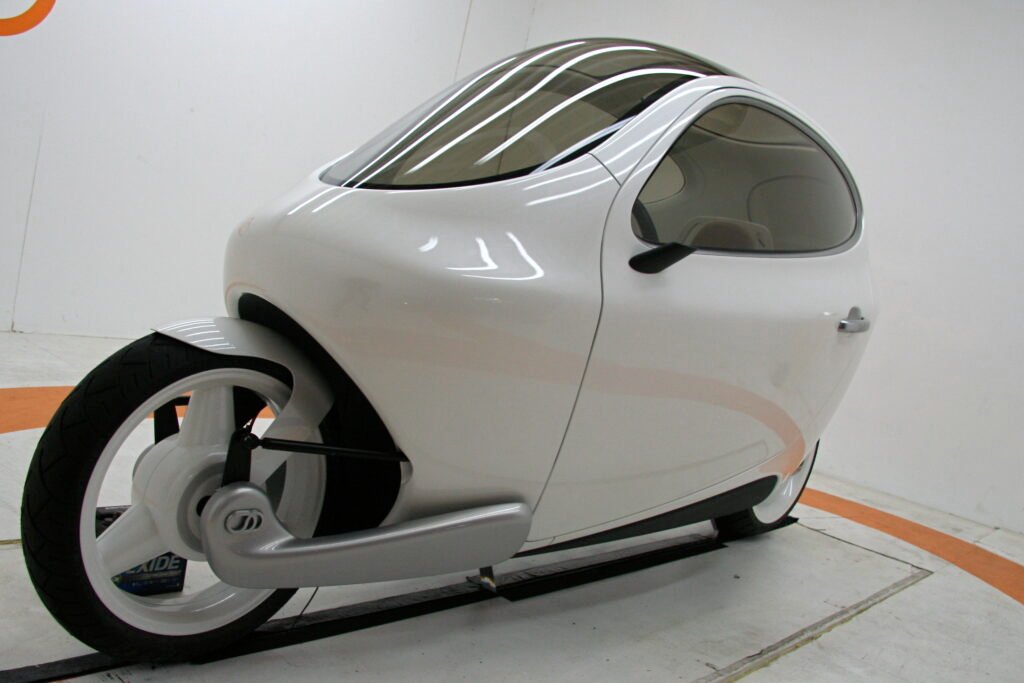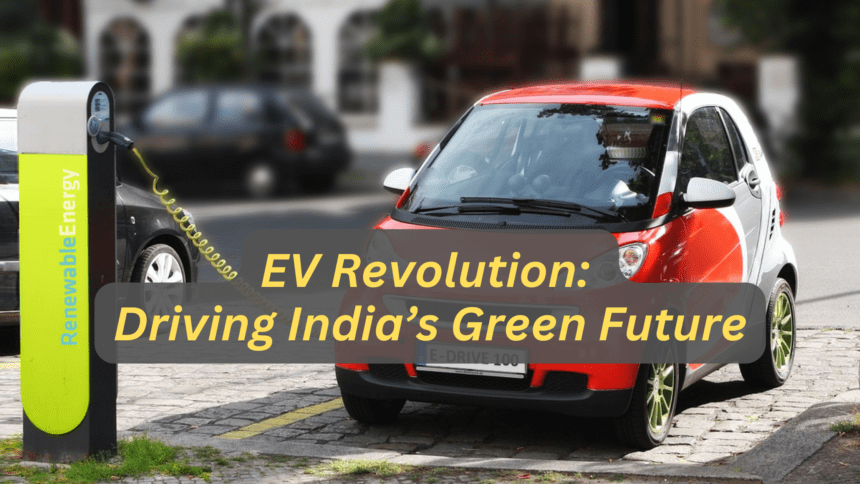Introduction
The Rising Wave of Electric Vehicles in India

Electric vehicles (EVs) are sparking a revolution in India’s auto industry. As the world pivots towards sustainable living, India is not far behind. From bustling metropolises to tranquil rural landscapes, EVs are making their mark.
Why the Shift is Gaining Momentum
Several factors fuel this shift. Environmental concerns, government policies, economic benefits, and technological progress all converge to create the perfect storm for EV adoption.
Environmental Imperatives
Reducing Air Pollution
India’s urban areas grapple with severe air pollution. EVs, producing zero tailpipe emissions, offer a breath of fresh air—literally. They significantly reduce pollutants like nitrogen oxides and particulate matter, which are rampant in traditional combustion engine vehicles.
Combating Climate Change
The global fight against climate change finds a powerful ally in electric vehicles. By cutting down on greenhouse gas emissions, EVs help mitigate climate change impacts, making them a critical component in sustainable transport strategies.
Government Initiatives
Subsidies and Incentives
To bolster EV adoption, the Indian government has rolled out a slew of subsidies and incentives. These include reduced GST rates, income tax rebates, and grants for research and development, making EVs more financially attractive to consumers and manufacturers alike.
Infrastructure Development Plans
A robust charging infrastructure is pivotal for the EV ecosystem. The government’s focus on establishing widespread charging stations across the country aims to alleviate range anxiety and encourage more drivers to switch to electric.
Economic Considerations
Cost of Ownership
While EVs may have a higher upfront cost, their long-term savings are significant. Lower fuel costs and minimal maintenance expenses make them an economically savvy choice in the long run.
Long-term Savings
EV owners benefit from substantial savings over time. Reduced reliance on petrol and diesel, combined with fewer mechanical issues, translates to lower overall expenses, making EVs a cost-effective alternative.
Technological Advancements
Battery Technology Innovations
Battery technology is at the heart of the EV revolution. Advances in lithium-ion batteries, improved energy density, and faster charging capabilities are making EVs more efficient and user-friendly.
Charging Infrastructure Improvements
Alongside battery advancements, the expansion and improvement of charging infrastructure are critical. Innovations in fast-charging stations and home charging solutions enhance convenience for EV owners, addressing one of the main adoption barriers.
Market Dynamics
Entry of Major Auto Manufacturers
Global automotive giants and local manufacturers alike are entering the EV market. This influx drives competition, innovation, and better options for consumers, propelling the industry forward.
Growth of Local Startups
India’s vibrant startup ecosystem is also contributing to the EV landscape. Homegrown companies are developing innovative solutions tailored to the Indian market, fostering a culture of local innovation and entrepreneurship.
Consumer Perception
Changing Attitudes Towards EVs
Consumer perception is shifting in favor of EVs. As awareness about environmental issues grows and technology advances, more people are considering EVs as viable and attractive alternatives to traditional vehicles.
The Role of Media and Advocacy
Media and advocacy groups play a crucial role in shaping public opinion. Positive coverage and effective campaigns highlight the benefits of EVs, driving broader acceptance and enthusiasm among potential buyers.
Challenges to Adoption
Range Anxiety
One of the primary concerns for potential EV buyers is range anxiety—the fear that a vehicle will run out of power before reaching its destination. Addressing this requires significant improvements in battery life and charging infrastructure.
High Initial Costs
Despite long-term savings, the high initial cost of EVs remains a barrier. Many consumers are hesitant to invest heavily upfront, despite the potential for lower lifetime expenses.
Solutions to Overcome Challenges
Development of Affordable Models
To counter high initial costs, manufacturers are developing more affordable EV models. These vehicles cater to a broader audience, making the switch to electric more accessible for a larger segment of the population.
Expansion of Charging Networks

Expanding the charging network is crucial to overcoming range anxiety. Increased availability of fast-charging stations, particularly in urban areas and along major highways, ensures that drivers can recharge conveniently and quickly.
Case Studies
Success Stories from Other Countries
Examining success stories from countries like Norway and China offers valuable insights. These nations have successfully integrated EVs into their mainstream transport, providing lessons that India can adapt to its unique context.
Early Adopters in India
India’s early adopters of EVs, ranging from individual enthusiasts to fleet operators, showcase the practical benefits and feasibility of electric vehicles. Their experiences help dispel myths and encourage broader acceptance.
Future Projections
Market Growth Predictions
Industry experts predict significant growth in India’s EV market. Estimates suggest that by 2030, EVs could constitute a substantial portion of new vehicle sales, driven by favorable policies, technological advancements, and rising consumer awareness.
Potential Economic Impact
The transition to EVs holds profound economic implications. It can reduce oil imports, boost local manufacturing, and create new job opportunities in sectors like battery production and charging infrastructure.
Impact on Traditional Automotive Sector
Transition of Conventional Manufacturers
Traditional automakers are adapting to the EV trend. Many are investing in electric technology, developing hybrid models, and eventually transitioning to fully electric fleets to stay relevant in the evolving market.
Job Market Transformations
The rise of EVs is also transforming the job market. New skills and expertise are required in areas such as battery technology, software development, and electric drivetrain engineering, opening up fresh employment avenues.
Role of Renewable Energy
Integration with Solar and Wind Power
EVs can integrate seamlessly with renewable energy sources like solar and wind power. This synergy not only ensures a cleaner energy supply but also enhances the sustainability of the entire EV ecosystem.
Benefits of a Sustainable Ecosystem
A sustainable ecosystem where EVs run on renewable energy contributes significantly to reducing carbon footprints. It represents a holistic approach to combating climate change and promoting environmental stewardship.
Urban Mobility and Smart Cities
EVs in Urban Planning
Electric vehicles are integral to urban mobility solutions and smart city planning. They help reduce urban congestion, improve air quality, and contribute to more efficient and sustainable city transport networks.
Contribution to Reducing Urban Congestion
By promoting the use of EVs, cities can alleviate congestion issues. EVs, especially electric public transport and shared mobility solutions, can lead to less traffic, reduced noise pollution, and smoother urban transit.
Rural Electrification and EVs
Potential for Rural Adoption
Rural areas stand to benefit from EV adoption, especially as electrification projects progress. Electric tractors, bikes, and small vehicles can revolutionize agriculture and logistics, making rural transport more efficient and cost-effective.
Benefits for Agriculture and Logistics
Electric vehicles can transform rural economies by providing reliable and affordable transportation for agricultural produce and goods. This shift enhances productivity, reduces costs, and promotes sustainable rural development.
Innovation and Startups
Encouraging Homegrown Innovations
India’s innovation landscape is ripe with potential. Encouraging startups to explore EV technologies fosters a homegrown industry that can compete on a global scale, driving economic growth and technological leadership.
Investment and Funding Opportunities
With the rise of EVs, there are ample investment and funding opportunities. Venture capitalists and government grants are increasingly focusing on the EV sector, providing necessary capital for innovative projects and startups.
Consumer Awareness and Education
Importance of Information Campaigns
Raising awareness about the benefits and feasibility of EVs is crucial. Information campaigns can educate consumers about cost savings, environmental impact, and the technological advancements that make EVs a practical choice.
Role of Schools and Universities

Educational institutions play a pivotal role in promoting EV knowledge. Integrating EV studies into curriculums and encouraging research can foster a new generation of engineers, entrepreneurs, and informed consumers.
Global Comparisons
Lessons from Leading EV Markets
India can learn from leading EV markets such as Norway, where comprehensive policies, consumer incentives, and robust infrastructure have driven high EV adoption rates. These lessons can help shape effective strategies tailored to India’s context.
India’s Position in the Global EV Landscape
While India is still in the early stages of its EV journey, it has the potential to become a significant player in the global market. With a large domestic market and a strong technological base, India can influence global EV trends and practices.
Industry Collaboration
Partnerships Between Automakers and Tech Firms
Collaboration between automakers and technology firms is essential for advancing EV technologies. Such partnerships can lead to innovations in battery life, autonomous driving, and overall vehicle efficiency.
Collaborations with Government Bodies
Working closely with government bodies ensures that the EV industry aligns with national goals. Public-private partnerships can accelerate infrastructure development, regulatory approvals, and widespread adoption.
Conclusion
The Road Ahead for Electric Vehicles in India
The road ahead for electric vehicles in India is promising. With the right mix of policy support, technological innovation, and consumer awareness, EVs can transform India’s transportation landscape, making it more sustainable and efficient.
Final Thoughts on the Future of Mobility
Electric vehicles symbolize the future of mobility in India. They represent not just a technological shift but a movement towards a greener, cleaner, and more economically viable transportation system. As the industry evolves, so does the promise of a better, more sustainable tomorrow.













